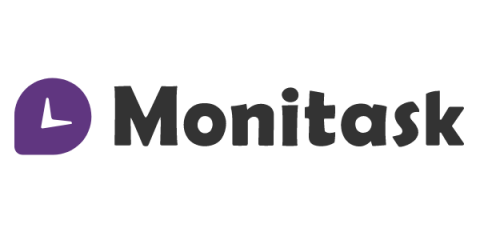Teams | Collaboration | Customer Service | Project Management
Teamwork
How to Manage a Phased Return to Work (2021 Guide)
While the COVID-19 pandemic has changed workplace dynamics globally, many businesses are now opening back up. If you want to get your employees back to doing their full duties or working from an office, you may face a few challenges. Some employees may look forward to the change, while others may be nervous or unwilling to cooperate. A phased return to work may be the solution to this human resources dilemma.
How To Create And Promote Teamwork In The Workplace
When your employees work together as a team, they are more productive and efficient. But, the problem that many organizations are facing is that they tend to focus on individual tasks rather than tasks of a team. Due to work from home culture, effective teamwork becomes challenging for many businesses. So, for promoting teamwork in the workplace, your aim should be to make your team think as a collective unit.
Teamwork Makes the Dream Work
Teamwork Project Management (Key Statistics)
Teamwork project management is critical to the success of your organization. If you have the right project management tools in place, these will give your team a strategic advantage. A team can only ever be as good as the tools it utilizes. Organizations committed to delivering incredible customer experiences are actively investing in teamwork project management solutions.
Risky business! How to get buy-in for your out-of-the-box ideas
Building strong professional communities requires these essential skills
10 ways to master team communication in your organization
Efficient team communication is the prerequisite for collaboration, which in turn ensures high productivity and innovative thinking. In other words, team communication is at the core of a competitive business. However, the way teams communicate has profoundly changed. Long gone are the days of casual office talks and counting on everyone to be on-site every day 9 to 5.
6 Fun and Easy Workplace Wellness Challenges for All Teams
Happy employees are usually indicators of a healthy workplace. If you want this for your company, consider implementing some fun workplace wellness challenges. These will encourage your employees to create healthy habits, socialize, and become more productive and engaged. In this article, we’ll explain what workplace wellness challenges are and why you should conduct them. Then, we’ll explore six different wellness challenges and how you can create one of your own.










